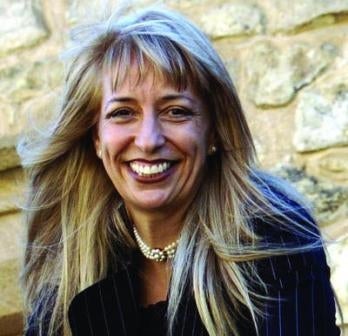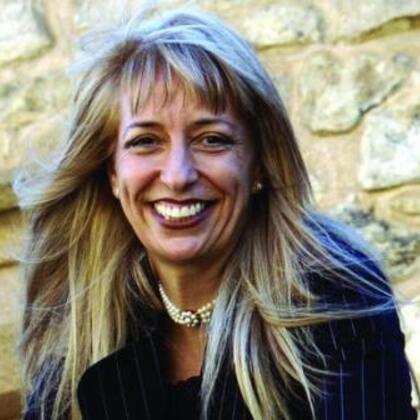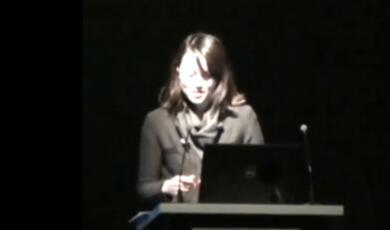Windows on the Mind: Exploring the Brain
Share
- Details
- Transcript
- Audio
- Downloads
- Extra Reading
The mystery of consciousness is finally being tackled by neuroscientists as well as philosophers. This series will look at three different ways in which brain research can approach the problem, by first examining the more modest brains of the developing human foetus and animals with more restricted stereotypical behavioural repertoires. Secondly, we shall explore the physical changes known to occur in the brain when consciousness is interrupted in extreme states, e.g., during mania, depression and schizophrenia. Finally we will see how successfully the subjective states of mind can be married with known events in the brain.
The three lectures in this series are included in the PDF below:
27th January 1998
Windows on the Mind: Simpler Brains
29th January 1998
Windows on the Mind: Disrupted Brains
3rd February 1998
Windows on the Mind: The Scientist Moves In
Download Transcript
This event was on Tue, 27 Jan 1998
Support Gresham
Gresham College has offered an outstanding education to the public free of charge for over 400 years. Today, Gresham plays an important role in fostering a love of learning and a greater understanding of ourselves and the world around us. Your donation will help to widen our reach and to broaden our audience, allowing more people to benefit from a high-quality education from some of the brightest minds.


 Login
Login







